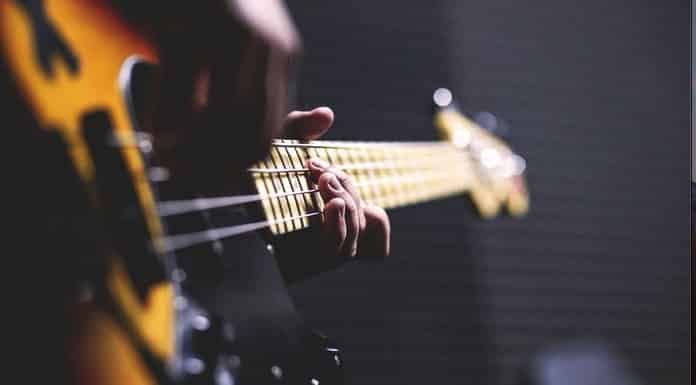3 Count: Musical Committee
Another hurdle down...
 Have any suggestions for the 3 Count? Let me know via Twitter @plagiarismtoday.
Have any suggestions for the 3 Count? Let me know via Twitter @plagiarismtoday.
1: New Way to Pay Songwriters and Musicians in the Streaming Age Advances
First off today, Ben Sisario at The New York Times reports that the Music Modernization Act has made it through the Senate Judiciary Committee, clearing another hurdle on its path to becoming law.
The bill, which itself is a combination of the previous Music Modernization Act and the CLASSICS Act, addresses a range of issues when it comes to music licensing. In particular is the creation of a new licensing collective for the handling of mechanical royalties for digital services, establishing a right for digital streaming royalties for pre-1972 sound recordings and address other pain points in music licensing.
The bill passed the House of Representatives unanimously in April. The vote in the Senate Judiciary Committee clears the bill for a possible vote before the full Senate though such a vote has not been scheduled at this time.
2: Ed Sheeran Sued for $100m Over Alleged Plagiarism
Next up today, The Irish Times reports that Ed Sheeran is being sued for $100 million over claims that Sheeran’s 2014 song Thinking Out Loud copied elements from Marvin Gaye’s 1973 song Let’s Get It On.
The lawsuit was filed by Structured Asset Sales (SAS), a company that owns part of the copyright to Gaye’s song. SAS claims that Sheeran’s song copies “melody, rhythms, harmonies, drums, bass line, backing chorus, tempo, syncopation and looping” from Gaye’s work and is a copyright infringement.
Other defendants in the lawsuit include Sony/ATV Music Publishing, Atlantic Records and Amy Padge, Sheeran’s’ co-writer.
3: Nintendo Switch Piracy Firmware Uses ‘Brick Code’ to Prevent Itself From Being Pirated
Finally today, Richard Leadbetter at Eurogamer reports that new homebrew firmware for the Nintendo Switch, which itself enables users to play pirated games, has a “brick code” that prevents itself from being pirated.
The firmware, named SX OS, was put out by Team Xecutor with the purpose of allowing Switch owners to run unsigned code, including pirated games. It takes advantage of a hardware exploit that Nintendo cannot stop without releasing a new version of the Switch, though Nintendo has regularly banned users with modified consoles.
The use of the “brick code” in the SX OS firmware caught many off guard, including security researcher Mike Heskin. Heskin discovered the code when it ruined his console. However, this isn’t the first time such a code has been used with homebrew firmware, notably a hack for the 3DS had a similar function. They usually exist not just to stop pirating of the software, but also to prevent reverse-engineering by competing teams.
Suggestions
That’s it for the three count today. We will be back tomorrow with three more copyright links. If you have a link that you want to suggest a link for the column or have any proposals to make it better. Feel free to leave a comment or send me an email. I hope to hear from you.
The 3 Count Logo was created by Justin Goff and is licensed under a Creative Commons Attribution License.
Want to Reuse or Republish this Content?
If you want to feature this article in your site, classroom or elsewhere, just let us know! We usually grant permission within 24 hours.
